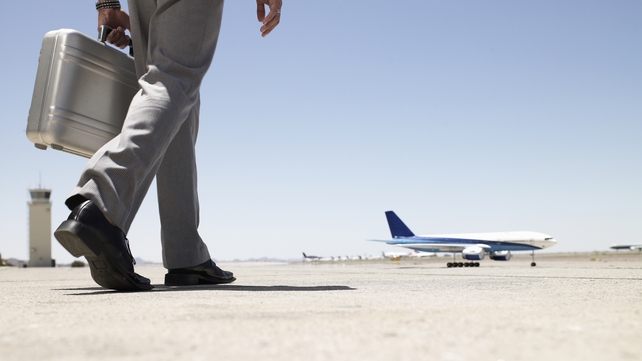1) Have you already got cover?
Check any existing home and health insurance policies you have, to see what you may already be covered for. If you have a private health insurance policy, you may already be covered for illness and injury while abroad. But remember, you won’t be covered for other things such as delayed luggage, cancelled flights, delayed departure, loss or theft of money. If you have a home insurance policy check if you have cover for personal valuables lost, damaged or stolen outside of the home. This cover is normally an optional extra on your home insurance policy and is referred to as "All-Risks" cover. It normally covers items taken abroad for up to 60 days. Also, contact your credit card provider to see if you have any extra protection if your card is stolen or lost.
2) Have you got a European Health Insurance Card?
If you are travelling in Europe you should apply for a European Health Insurance Card (EHIC). This entitles you to free or reduced cost state-provided healthcare when visiting an EU country, EEA country, Switzerland and also Iceland, Liechtenstein and Norway. You can apply for an EHIC on the HSE website: www.hse.ie.
3) What excess do you pay if you make a claim?
Excess is the first part of any insurance claim that you have to pay and it is usually a fixed amount. So, if you make a claim for lost luggage worth €400 and the policy excess is €100 and your claim is approved, the insurer would pay out €300. Always check what excess applies to your policy before you buy. It may be worth paying more to lower or have no excess.
4) What restrictions or exclusions apply?
Restrictions or exclusions often apply to things your insurance policy doesn’t cover, such as certain risky sports. These risky sports may be common holiday pursuits like horse riding or scuba diving. While standard exclusions are contained in every policy, specific exclusions and restrictions will vary across insurers. Find out from your insurer what exclusions or restrictions apply to your policy if you are concerned about a particular risk. If you are going on an adventure holiday. Contact your insurer to see if you need specialist insurance.

5) Have you got a pre-existing medical condition?
Most travel insurance policies do not cover pre-existing conditions (suffered by you or any immediate relatives travelling with you). However, if you tell the insurer before you go and they accept that risk, then you are covered. The insurer can refuse you cover for certain illnesses or charge you a higher premium. If a doctor advises you not to travel and you do, you may not be unable to claim if something goes wrong.
6) What is the start date on the policy?
Many of us put the start date of our policy down as the date our holiday begins instead of the date the holiday was booked. This can be a problem if you have to cancel the holiday. In these circumstances, the insurer may refuse to pay any cancellation costs because the policy cover hasn't started. Check this with your insurer when you are buying your travel insurance.
7) Know your travel rights
Remember, you have rights under EU legislation if your flight or ferry is delayed or cancelled. For instance, if your flight is delayed over a certain duration you have entitlements such as free refreshments or meal. Travel insurance gives you additional protection. This can include theft of your money, belongings or passport and also in the event you need to cancel your holiday.
8)Making a claim
Bring a copy of your travel insurance documents with you when you go abroad so you know what cover you have. If you do have a problem while away, let your insurer know what has happened as soon as you can. Your insurer will normally have an emergency helpline so save the number into your phone. Give a brief description of the claim to your insurer and ask what you need to do next. Get exactly what you need so that you can make a claim when you come home. For example, your insurer may want a report from the local police and need it in English. Hold on to all receipts and documents as these will support your claim.
Check out the CCPC’s consumer website, www.consumerhelp.ie to find out more about travel insurance and your rights when travelling abroad.


